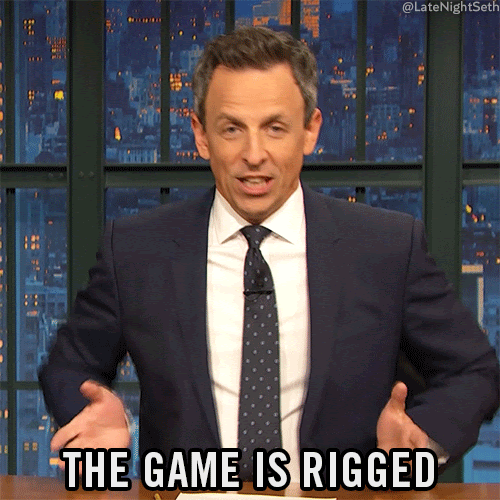We've Been Had!
What to do When the System Favours Engagement over Everything
Are you aware that as many as 88% of clicks reported by digital ad platforms have been found to be fraudulent?
Meanwhile, an MIT study recently showed that 19 of the 20 most popular Facebook Pages that claimed to be for Christian Americans were in fact run by Eastern European troll farms. This comes in the wake of Facebook whistle-blower Frances Haugen exposing how the largest media company in the history of the world is gaming our rage for their own growth and profits.
There is mounting evidence that everything in digital media is either fake or malicious. That begs two questions:
What should happen?
The answer to this one is as inconvenient as it is obvious: The system doesn't work. The digital media complex was built on the basic premise that if you could attract and keep enough attention, then advertisers would pay for access to that attention, and the incentives would be aligned because better content attracts more attention, and bad advertising drives it away.
Unfortunately, there is no such thing as a perfect market, or perfectly aligned incentives. Sites and platforms everywhere found a way to game the system; they found a way to inject steroids into the equation, and it came in the form of rage.
When any website can make us angry, they learned, it would cause us to engage more frequently and share more often. Our emotions aren't concerned with an accurate representation of the facts. I can promise you that the content that's going to get the least amount of engagement is a 5000-word piece titled "Things are more complex than they might seem."
The system doesn't work because every ad-based media business on the Internet is monetized by its ability to generate emotion that results in comments and shares.
Facebook consistently puts out thoughtful statements about how they're working on solutions and they need to do better, but the fact is that until the incentives are changed, the results will remain the same.
What can we do about it?
We're all in the business of attracting attention, one way or another, and the fact is that the most cost-efficient way to get people to click, consume, and buy is almost always going to be found within one of the major platforms.
So, do we sacrifice our revenue targets for the greater good? The #StopHateForProfit movement was able to coordinate more than 1,200 of the world's biggest advertisers who cancelled some or all of their Facebook ads for an entire month, and it barely made a dent in Facebook's revenues.
Instead, I'd like to see every brand reuse and recycle the attention we're able to attract from the tech giants. The vast majority of our ad budgets are spent to either drive engagement on the very platforms that we're buying it from, or to drive sales on our sites, which require us to go back to the well the next time we want to make a sale.
What if, instead, we captured that attention by creating content and communities that people loved? What if we used Facebook ads to siphon attention away from its platform and keep it for ourselves. Every time we gain a reader, a subscriber, or a community member, that's one person who will no longer have to rely on algorithms to receive our content.
Will this fix everything? Absolutely not. But it will equip each of us with a solid, core audience that we never have to ask for permission to talk to, or pay to appear in front of.
Written by Conner Galway, Junction Consulting

